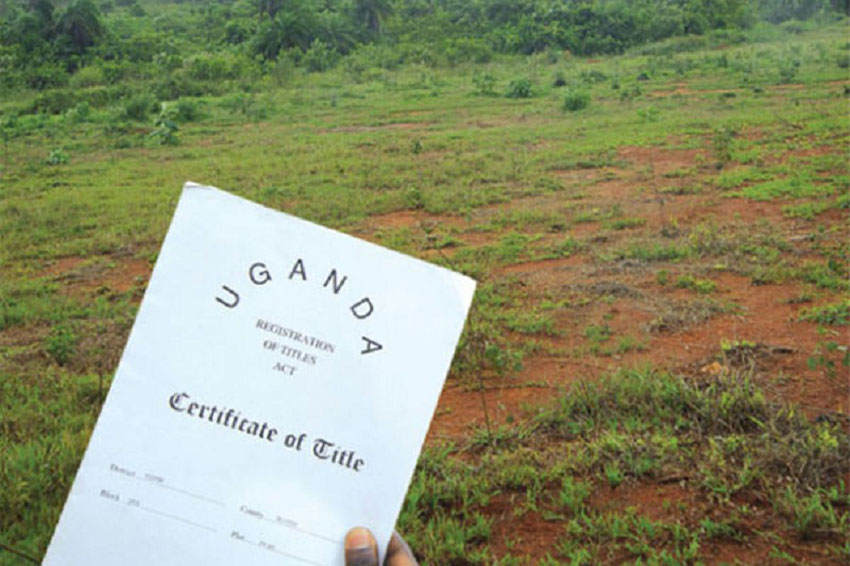Compensation first, court says in ruling that is expected to safeguard landowners
This ruling significantly shifts the legal landscape for land acquisition, especially as Uganda continues to expand major infrastructure and oil development projects.

By Peter Akugizibwe
In a landmark judgment hailed as a win for landowners and human rights defenders, the Constitutional Court of Uganda has struck down a controversial section of the Land Acquisition Act, 1965, declaring it unconstitutional.
The court unanimously ruled that Section 10(5C) of the Act—allowing the government to take over private land after merely depositing compensation money in court—violates Article 26 of the 1995 Constitution, which guarantees prior, fair, and adequate compensation before compulsory acquisition of property.
This ruling significantly shifts the legal landscape for land acquisition, especially as Uganda continues to expand major infrastructure and oil development projects.
The case was brought by Omara Daniel, alongside Advocates for Natural Resources and Development and Resource Rights Africa Ltd, who challenged the constitutionality of several provisions in the Land Acquisition Act.
They cited ongoing practices by the Uganda National Roads Authority (UNRA), particularly during the Tilenga oil project and Hoima-Buhimba road construction, where land was seized before rightful owners were compensated.
“This judgment is not just a legal victory—it’s a reaffirmation of constitutional protection for ordinary Ugandans,” said Sarah Kabahuma, a land rights expert and senior researcher in land conflicts.
“For years, communities have been displaced in the name of development, with little or no recourse. This ruling restores a crucial balance between state interests and citizen rights,” she added.
The court noted that on several occasions, the government—often through ex parte applications—was allowed to deposit money in court and immediately proceed to take over land, without due process or ensuring the compensation was just or agreed upon.
In his lead judgment, Justice Kazibwe called for urgent reforms to the Land Acquisition Act, noting that it no longer reflects Uganda’s current legal and socio-economic environment.
“There is need to enact a law that suits the existing constitutional regime and addresses the realities faced by citizens in today’s Uganda,” he stated.
This ruling sends a clear message: the government cannot shortcut its obligations under the Constitution in the name of public interest. It must first compensate landowners fairly and adequately before taking possession of their land—no exceptions.
Legal experts believe the decision will set a precedent for future infrastructure projects and could significantly delay any projects that have been relying on the now-invalidated provision.
As Uganda hurtles toward more ambitious development goals, the question will no longer be if landowners are compensated—but when and how well.







